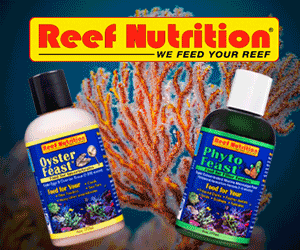New research out of the ARC Centre of Excellence for Coral Reef Studies at James Cook University finds that the impacts of human activities like dredging are making it harder for fish to breathe, and are likely increasing the rates of gill disease amongst coastal reef fish. “Fish gills are in direct contact with their environment and are the first line of defense in the animal’s immune response, which makes them the perfect place to look for damage associated with sediment,” adds co-author of the study Dr Jodie Rummer.  “Suspended sediments result from flood plumes, coastal agricultural and industrial development and from dredging operations and are increasing in coastal waters worldwide,” says co-author, Dr Amelia Wenger. The study simulated sediment accumulation in the lab and subjected clown fish larvae to increased levels, and what they found might be some what of a duality. “The gills in sediment-exposed larval clownfish fish were congested, exhibiting twice as much mucous of what could be found in clean-water exposed fish,” says study lead author, PhD Student Sybille Hess. Yet Rummer added that”Sediment-exposed fish also increased the number of protective cells on their gills, presumably safeguarding the delicate tissue from the damage that sediment particles could cause.” The findings could mean fish are adapting to the elevated levels of sediment but they most definitely underscore the increased need for awareness as it relates to coastal impacts like dredging and agricultural runoff. Read more here.
“Suspended sediments result from flood plumes, coastal agricultural and industrial development and from dredging operations and are increasing in coastal waters worldwide,” says co-author, Dr Amelia Wenger. The study simulated sediment accumulation in the lab and subjected clown fish larvae to increased levels, and what they found might be some what of a duality. “The gills in sediment-exposed larval clownfish fish were congested, exhibiting twice as much mucous of what could be found in clean-water exposed fish,” says study lead author, PhD Student Sybille Hess. Yet Rummer added that”Sediment-exposed fish also increased the number of protective cells on their gills, presumably safeguarding the delicate tissue from the damage that sediment particles could cause.” The findings could mean fish are adapting to the elevated levels of sediment but they most definitely underscore the increased need for awareness as it relates to coastal impacts like dredging and agricultural runoff. Read more here.










0 Comments